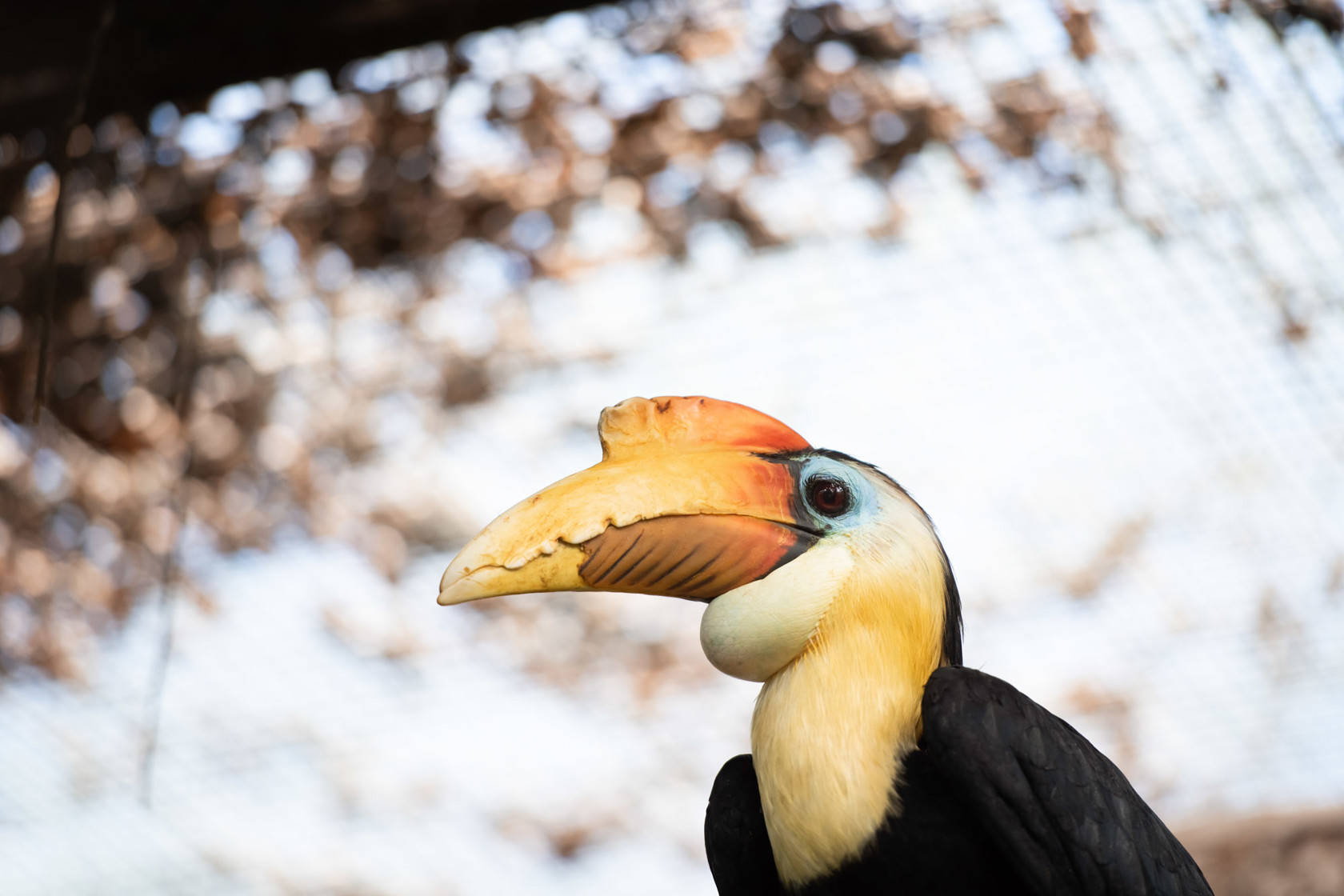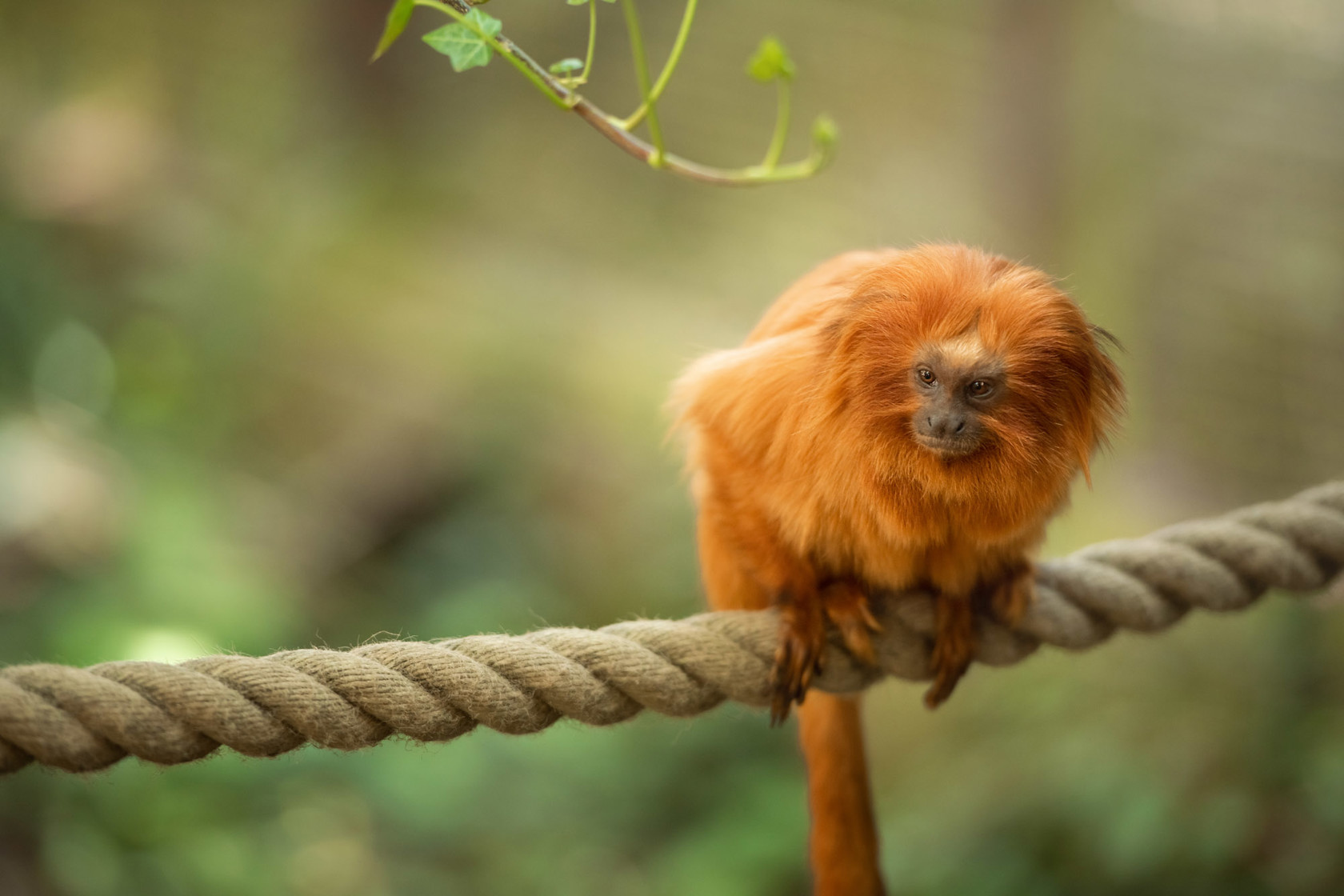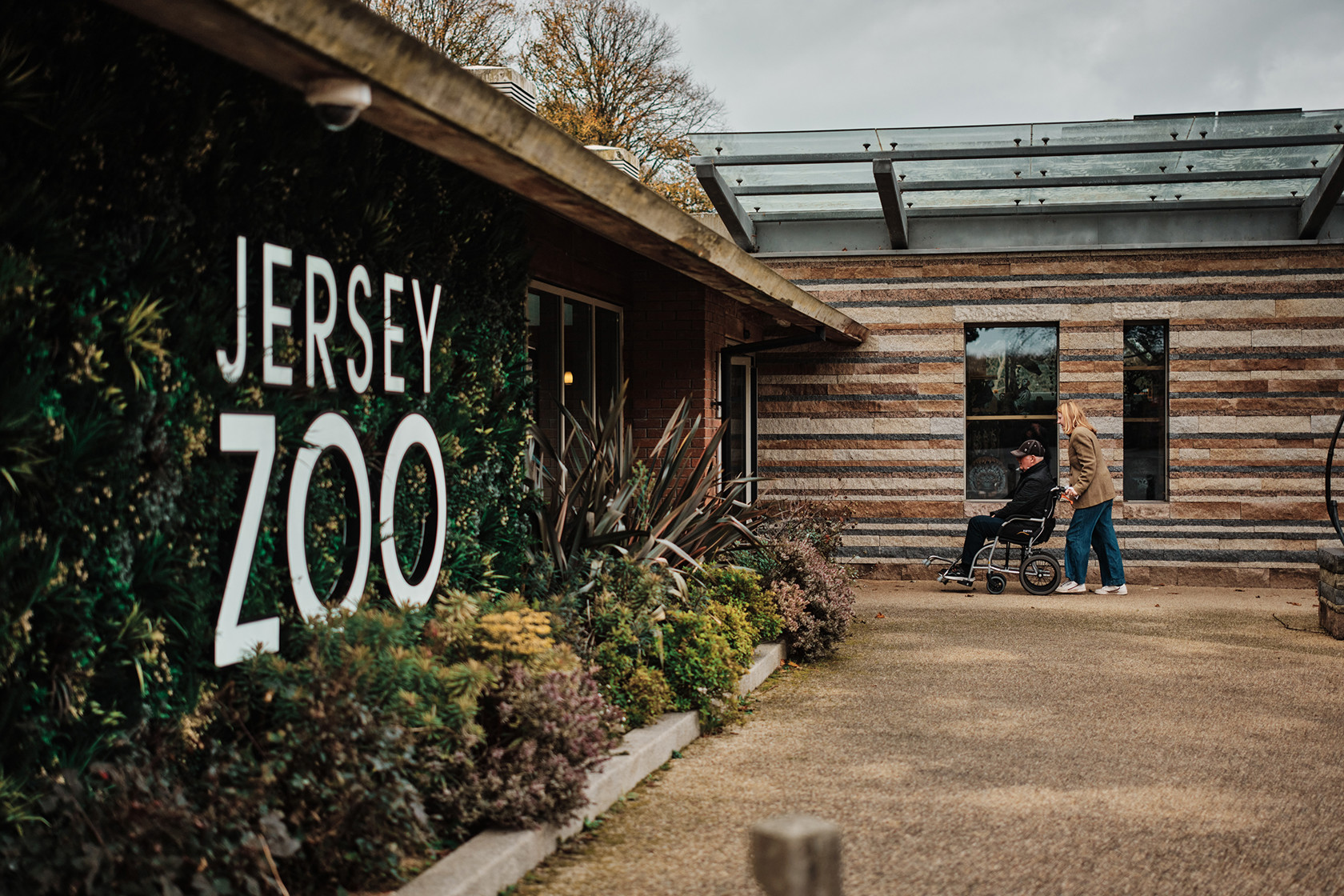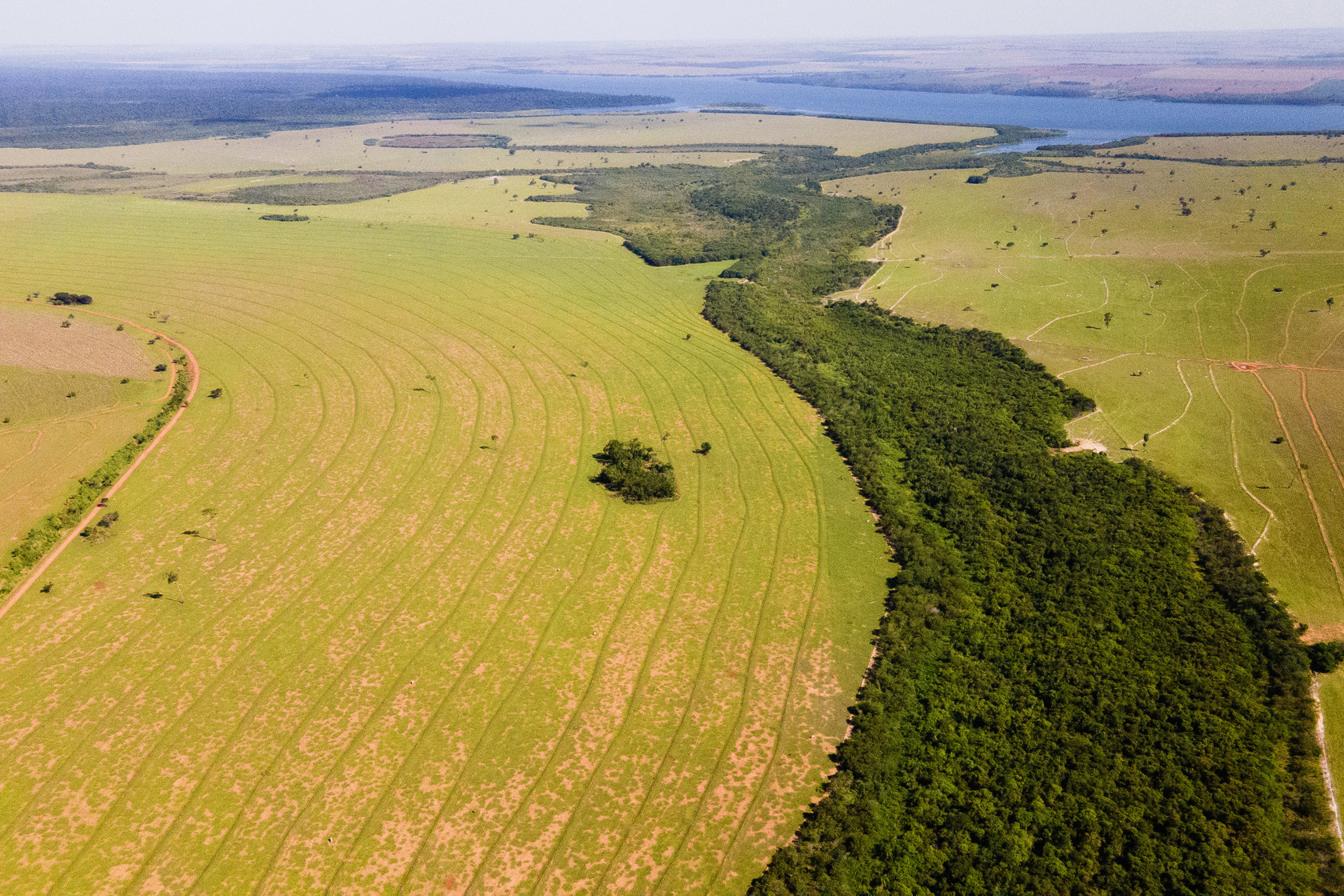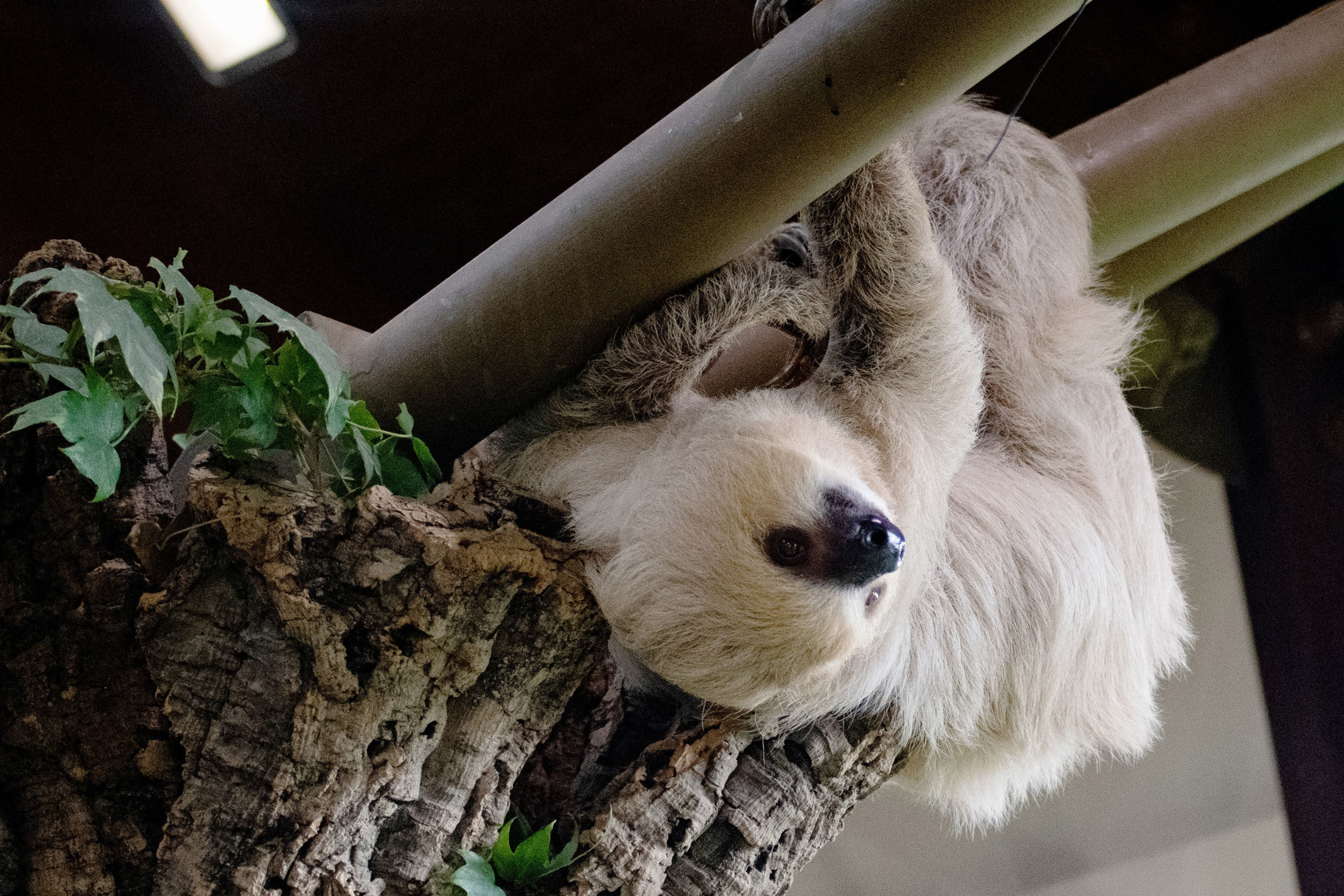More than one in ten UK species threatened with extinction
Today the State of Nature Report has been released which has collated data and expertise from more than 50 nature conservation and research organisations (including Durrell) to provide a current overview of the state of nature in the UK and in its seas, Crown Dependencies and Overseas Territories.
The report suggests that the UK has lost significantly more nature over the long term than the global average, suggesting that we are among the most nature-depleted countries in the world. Many factors have contributed to changes to the UK’s wildlife over recent decades, but policy-driven agricultural change and climate change were among the most significant driver of declines.
“Escalating pressures, such as climate change and modern land management, mean that we continue to lose the precious wildlife that enriches our lives and is essential to the health and well-being of those who live in the UK, and also in its Crown Dependencies and Overseas Territories. Our wonderful nature is in serious trouble and it needs our help as never before. But the State of Nature 2016 report gives us cause for hope too. The rallying call issued in 2013 has been met with a myriad of exciting and innovative conservation projects. Landscapes are being restored, special places defended, and struggling species are being saved and brought back.” Sir David Attenborough
Whilst the report highlights the many challenges our biodiversity faces, it also shows how well-planned and managed conservation projects can reverse these declines and gives examples of how governments, non-governmental organisations, businesses, communities and individuals have worked together to bring nature back.
Birds On The Edge (BOTE) is one of these projects and is a collaboration between Durrell, the National Trust for Jersey and the Department of the Environment.
Since 2011, BOTE has been restoring the island’s coastal cliff habitats for wildlife through a combination of traditional and modern management techniques. In conjunction with this, Durrell have started a reintroduction programme for the chough (which became extinct in Jersey in around 1900) via a carefully managed soft-release programme. Jersey’s free-living chough population now stands at 26 birds, and 2015 saw the first chough chick born naturally in the wild since their local extinction.
A further 10 birds are due for release this week.
It’s not too late to save UK nature but we must act now – that is the conclusion from a coalition of more than 50 leading wildlife and research organisations behind the State of Nature 2016 report.
The report suggests that the UK has lost significantly more nature over the long term than the global average, suggesting that we are among the most nature-depleted countries in the world. Many factors have contributed to changes to the UK’s wildlife over recent decades, but policy-driven agricultural change and climate change were among the most significant driver of declines.
“Escalating pressures, such as climate change and modern land management, mean that we continue to lose the precious wildlife that enriches our lives and is essential to the health and well-being of those who live in the UK, and also in its Crown Dependencies and Overseas Territories. Our wonderful nature is in serious trouble and it needs our help as never before. But the State of Nature 2016 report gives us cause for hope too. The rallying call issued in 2013 has been met with a myriad of exciting and innovative conservation projects. Landscapes are being restored, special places defended, and struggling species are being saved and brought back.” Sir David Attenborough
Whilst the report highlights the many challenges our biodiversity faces, it also shows how well-planned and managed conservation projects can reverse these declines and gives examples of how governments, non-governmental organisations, businesses, communities and individuals have worked together to bring nature back.
Birds On The Edge (BOTE) is one of these projects and is a collaboration between Durrell, the National Trust for Jersey and the Department of the Environment.
Since 2011, BOTE has been restoring the island’s coastal cliff habitats for wildlife through a combination of traditional and modern management techniques. In conjunction with this, Durrell have started a reintroduction programme for the chough (which became extinct in Jersey in around 1900) via a carefully managed soft-release programme. Jersey’s free-living chough population now stands at 26 birds, and 2015 saw the first chough chick born naturally in the wild since their local extinction.
A further 10 birds are due for release this week.
It’s not too late to save UK nature but we must act now – that is the conclusion from a coalition of more than 50 leading wildlife and research organisations behind the State of Nature 2016 report.

